QuestionHi Jessica
We got a new 3 month old Siamese kitten as a gift. She is sweet, active but incredibly thin. We've had Siameses before, but this is *thin*.
She has no interest in eating at all. The pet shop told us Science Diet was the brand of cat food, she's used to eating, but she is not touching it at all.
She seems hungry, but she hasn't taken anything we've offered. We've tried chicken, liver, fish, mashing up the cat food etc. Everything.
She drinks ok. I thought it might be a hairball and tried to give her some cod liver oil, but didn't work (cos she wouldn't take it, and after trying to forcefeed her (!) for 5 mins I gave up)
Do you think I should be worried? She is so thin and I'm really worried she'd die if she doesn't eat soon. Now we need advice!
AnswerHi, Sasha. You definitely need to get her to a vet. Lack of appetite is nearly always a sign of illness. Siamese tend to become anorexic more easily than most cats, as you may know by your previous Siamese cats. And anorexia is a very serious problem for kittens and is especially dangerous for kittens under 6 months. It can be life-threatening within a day, so you are right to worry that she may die.
Kittens at just 12 weeks of age burn a lot of sugar for energy. When they don't eat, their blood sugar drops very quickly, resulting in hypoglycemia. Hypoglycemia can be deadly within moments, literally. So a kitten this young who has not eaten for even one day needs immediate vet attention. Most likely, they will give her a lactated ringer's solution under the skin, which is a fluid with nutrients and electrolytes to bring blood sugar back up to normal and solve any dehydration that may be present.
The vet may also recommend to forcefeed her using a syringe and a prescription high-calorie food, such as Hill's a/d, which also has an appetite stimulating aroma and a smooth texture for easy feeding and digesting. Additionally, he may recommend a vitamin, mineral, and sugar supplement such as Nutrical, to help get her nutrients she needs while she is not eating her full ration of food.
Of course, the underlying condition causing her anorexia will need to be determined. Antibiotics may be necessary, and your vet may need to run blood tests or other diagnostics.
As an aside, it is highly unlikely that a 3-month-old kitten will have formed hairball at this young age (although nothing is impossible), so I would stay away from giving her any type of hairball treatment or laxative, as this may cause diarrhea when she starts eating again.

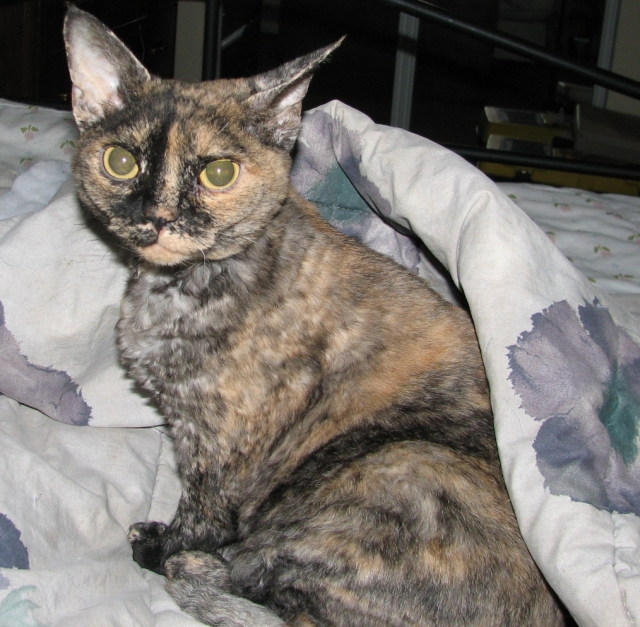 My cat is jealous of my other cat
QuestionQUESTION: Hi Ali. I hope you can provide
My cat is jealous of my other cat
QuestionQUESTION: Hi Ali. I hope you can provide
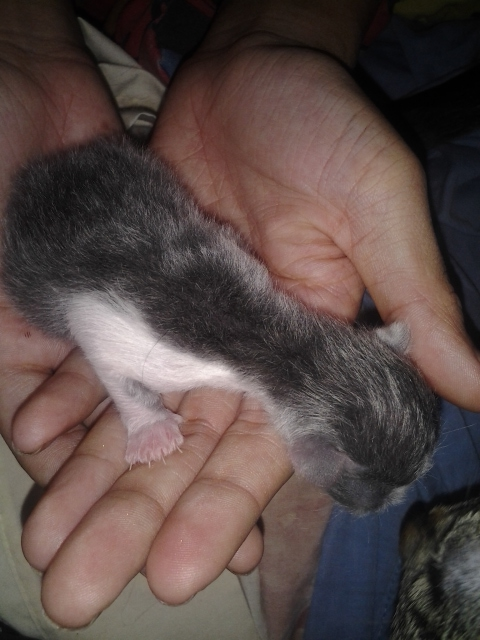 Help with Two Female cats Please!!!
Question
the kitten Cats
Hello, I have two
Help with Two Female cats Please!!!
Question
the kitten Cats
Hello, I have two
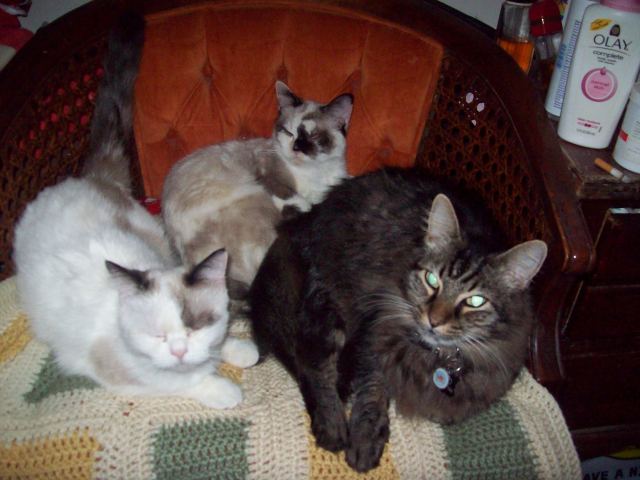 Litter Box Behaviour
Question
All Kitties
Hello!
Im writing to you fo
Litter Box Behaviour
Question
All Kitties
Hello!
Im writing to you fo
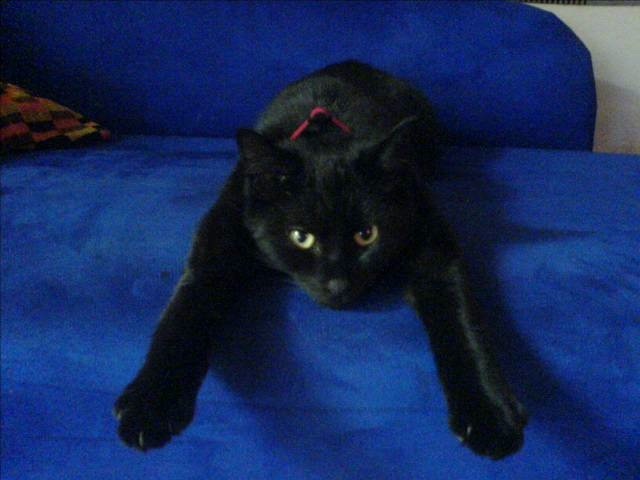 Strange litter tray behaviour
Question
Edgar
I have a beautiful two year old n
Strange litter tray behaviour
Question
Edgar
I have a beautiful two year old n
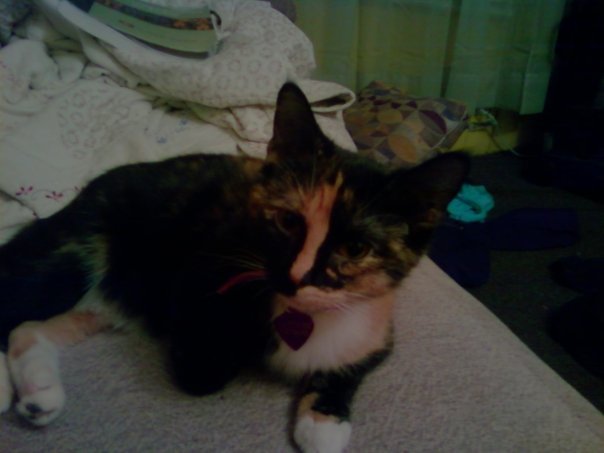 Female Cat changes behavior
Question
Patches
I have four older cats, a dog and now
Female Cat changes behavior
Question
Patches
I have four older cats, a dog and now